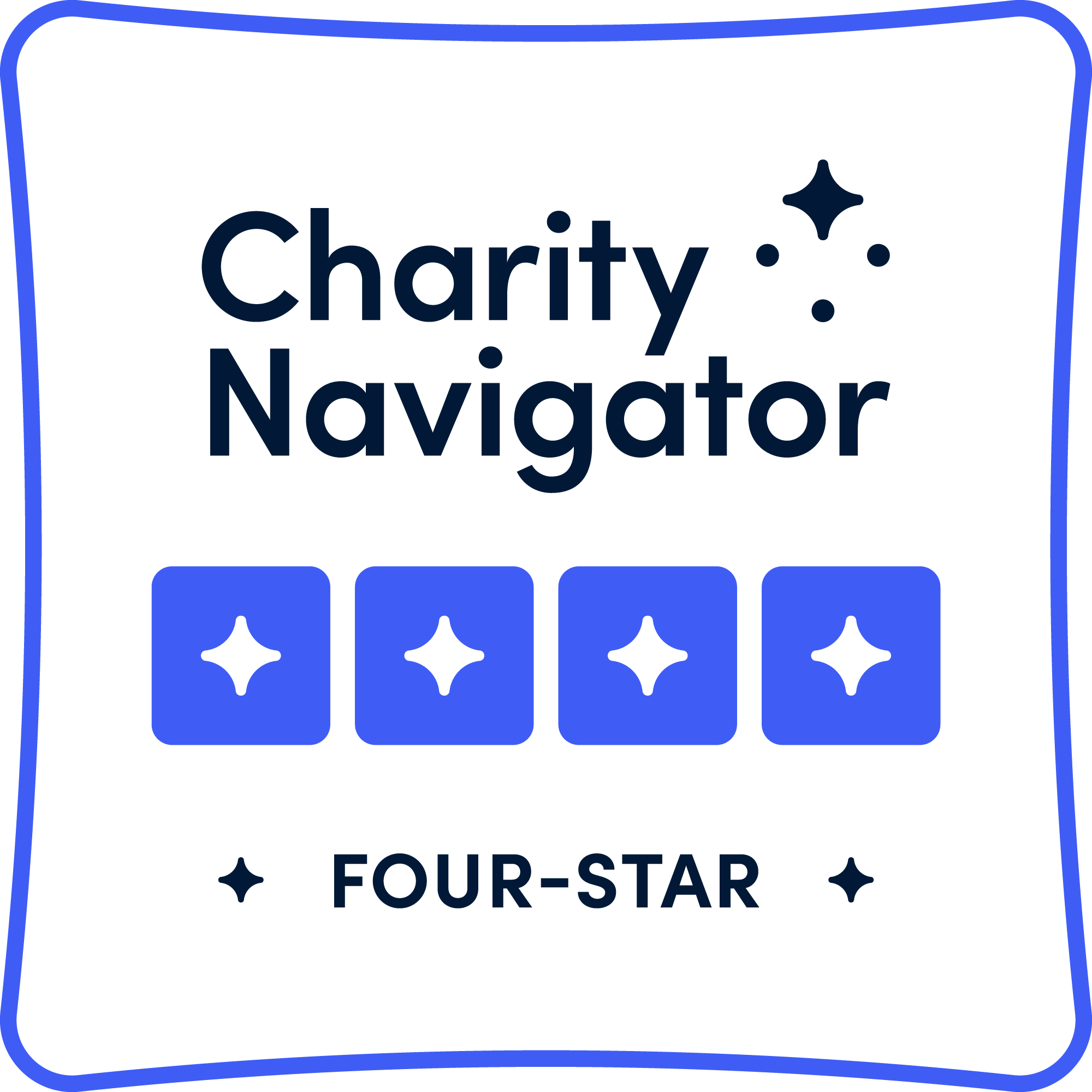Small and Mighty: East Carolina Veterans Coalition’s Work with Rural Veterans
In Pitt County, North Carolina, the East Carolina Veterans Coalition (ECVC) is making an outsized impact. The group is a collection of non-profits, government agencies, veteran service organizations, and veterans.
There is a veteran population of about 14,000 in Pitt County, and 75,000 in the 18 counties of eastern North Carolina. Col. Scott Barker, and Col. Phil Tarango the founders and ECVC co-chairmen, underscore the importance of collaboration among like-minded programs to address the needs of veterans. ECVC supports veterans in rural areas. He wants other rural area programs to know how important it is to support veterans in their local communities.
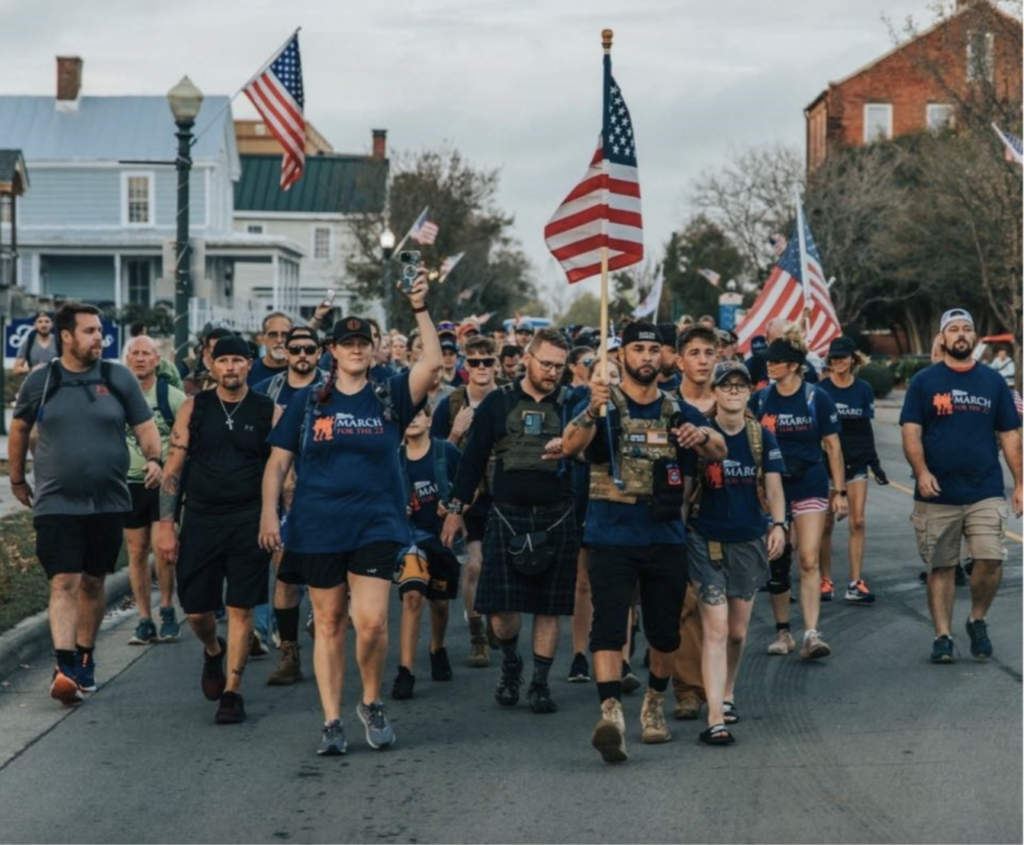
Founded in 2017, ECVC partners with other veteran programs in North Carolina. Programs within the coalition support housing solutions and food security. After the COVID-19 pandemic hit, ECVC knew they had to address veterans’ immediate need: food shortages from unemployment.
Addressing Food Insecurity After the Pandemic
To help hungry veterans, ECVC has been distributing grocery store gift cards since 2020. The gift cards mean many veterans have access to meals. At a food drive in 2022, a female veteran (who wishes to remain anonymous) said, that “being homeless with the uncertainty of food is like living in the dark. Every day is a struggle for the things I used to take for granted.”
She spoke to ECVC volunteers about her struggle with addiction. ECVC sympathized with her struggles. Later, she wrote to ECVC to thank them for their words of encouragement.
Building Community, Addressing Social Isolation
It was through an ECVC’s food drive that Roscoe Brown, an Army veteran, met Dr. Robert Sands who was volunteering. Dr. Sands is an ECVC member. Brown spoke to Dr. Sands about his battle with advanced Parkinson’s Disease. Sands told Brown about his program, Pamlico Rose Institute (PRI) in Washington, North Carolina. Sands thought PRI’s wellness program could help Brown.
PRI, a member of ECVC, promotes wellness and builds resilience in female veterans. However, their wellness program is open to all veterans. Sands invited Brown and his wife (who is also his caregiver) to PRI to check it out.
ECVC’s work to address food insecurity led to a larger connection for Brown and PRI. Col. Barker and Col. Torango know that if even one person receives help from communities working together, that is enough.
Addressing Female Veterans Housing Insecurity
Moreover, Pamlico Rose Institute (PRI) addresses housing insecurity and holistic wellness through its Rose Haven Center of Healing. Founded by Dr. Robert Sands and his wife Betty, PRI is a haven for female veterans, and helps them overcome trauma from military service. The Rose Haven House, a historic late 19th century farmhouse, was renovated over 4 years. It now hosts wellness retreats, group therapy, book clubs, nutrition classes, and short-term rehabilitation.
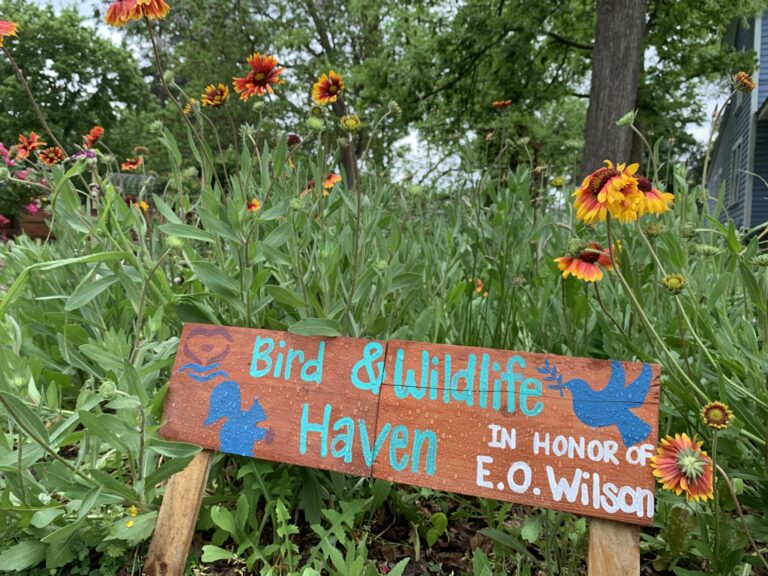
The renovation of the Rose Haven House symbolizes more than a physical transformation; the house supports the healing and builds the resilience of women veterans in a safe environment. PRI’s Total Life Fitness program integrates nature through gardening, creative expression through art, and community-building through group living. The property is welcoming, with its soft colors, vaulted ceilings, natural surroundings, and abundant natural light. The Rose Haven House is supportive environment for women veterans.
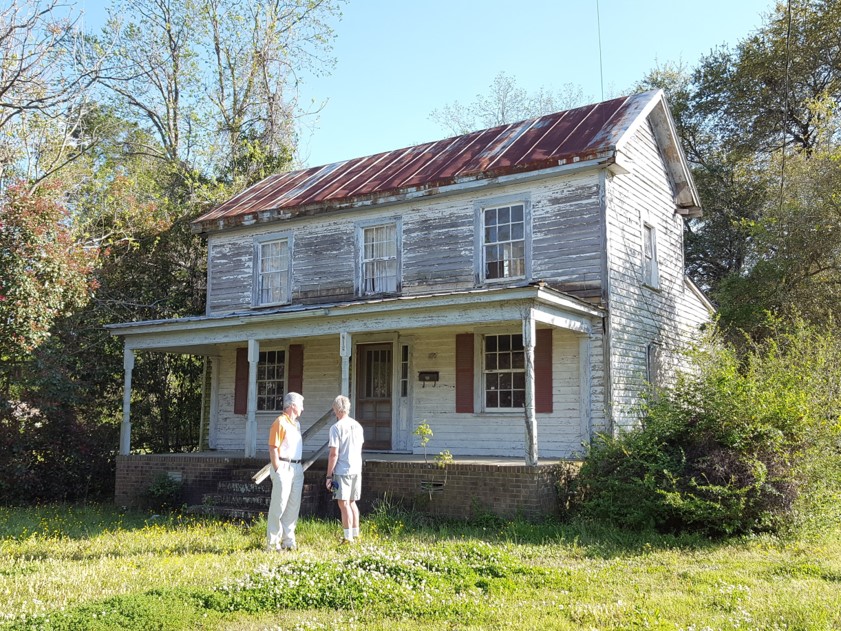

A Coalition of Compassion
While PRI is not funded by the Bob Woodruff Foundation, it is a member of the East Carolina Veterans Coalition. In the rural counties of Eastern North Carolina, the ECVC proves that size doesn’t dictate impact. The coalition thrives on compassion for veterans.
ECVC helps hungry veterans through strong alliances, resource-sharing, and a shared commitment. The coalition houses female veterans in an environment where they can heal and grow. ECVC proves that a small program can have tremendous impact when communities unite for a common cause.
As Col. Barker said, “the power of an alliance is immeasurable.” As ECVC continues to extend its reach, the effects of its impact resonate with other small veteran programs across the country.
Funding from a Bob Woodruff Foundation Urgent Needs Cycle award supported ECVC’s gardening program and provided food to meet the urgent needs of veterans, service members, their families, and their caregivers in North Carolina.


